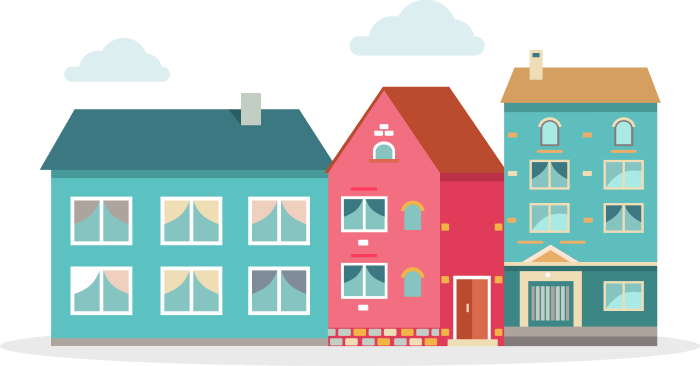Bismarck
We did the research. Find a place to call home.
B+
Quality of Life Score
Bismarck Information
75,092
Total Population
45%
Married Persons
55%
Single Persons

7/10
City Rating
City ratings are often based on a variety of factors including quality of life, economic opportunities, safety, education, and more. A rating of 7 or higher might suggest a city with a relatively high quality of life and desirable living conditions. A rating below 5 might indicate challenges or lower overall satisfaction.
7/10
Overall Value
This is a broader rating that takes into account multiple factors affecting the overall appeal of a city. Ratings above 7 might indicate a highly attractive city, while those below 5 might suggest areas for improvement.
10/10
Density (Population per mile²)
ity density refers to the concentration of people living within a city's geographic area. It is typically expressed as the number of residents per square mile or square kilometer. Higher density indicates that more people live in a given area, leading to potentially busier streets, more crowded living conditions, and increased access to amenities and services.
2146
Bismarck
260,000
Reno
City Info
Bismarck is the capital city of North Dakota and the seat of Burleigh County. Founded in 1872 and renamed for German chancellor Otto von Bismarck, it is the state’s second-most populous city. Bismarck is a regional hub for government, healthcare, and retail, with the North Dakota State Capitol and major state offices located centrally. The city is situated on the Missouri Plateau and features historic neighborhoods such as the Cathedral District. Bismarck has a rich history, including its role in the railroad era and its rapid growth following the discovery of gold in the Black Hills. The city is recognized for its balanced growth, quality public services, and a strong sense of community
Residence
30% (Homes Rented)

30 Years
Median Home Age
$320,000
Median Home Price
4.7%
Home Aappreciation Rate
1%
Annual Property Tax
Weather
75%
Sun
15%
Rain
10%
snow
Residence
Bismarck offers a mix of historic and modern housing, with stable appreciation rates and property taxes that have not increased for three consecutive years. The city maintains essential services and infrastructure to support its growing population.
Community
7
Crime Rate (per 100,000)
Democratic
Political Majority
38
Average Age
Community
Bismarck is a diverse and inclusive community, with a strong civic spirit and active engagement in local programs such as the citizen academy. The city features a blend of families, professionals, and retirees.
Locale

Occupation
25%
Management, Business, Art & Sciences
20%
Sales & Office Occupations
15%
Service Occupations
15%
Production, Transportation & Material Moving
5%
Natural Resources, Construction & Maintenance
Education
1:20
Student Teacher Ratio
25%
High School Diploma
30%
Some College or Associates Degree
15%
Bachelors Degree
10%
Graduate or Professional Degree
Locale
Bismarck’s economy is driven by government, healthcare, retail, and education. The city is home to several colleges and maintains a robust public school system. Ongoing growth and city planning ensure continued quality of life and essential services
Transit
27%
Public Transportation
70%
Car
10%
Carpool
10%
Work At Home
Transit
Bismarck’s public transit system and road network provide efficient commuting options, with average commute times well below the national average. The city continues to invest in infrastructure to support its balanced growth and accessibility.


